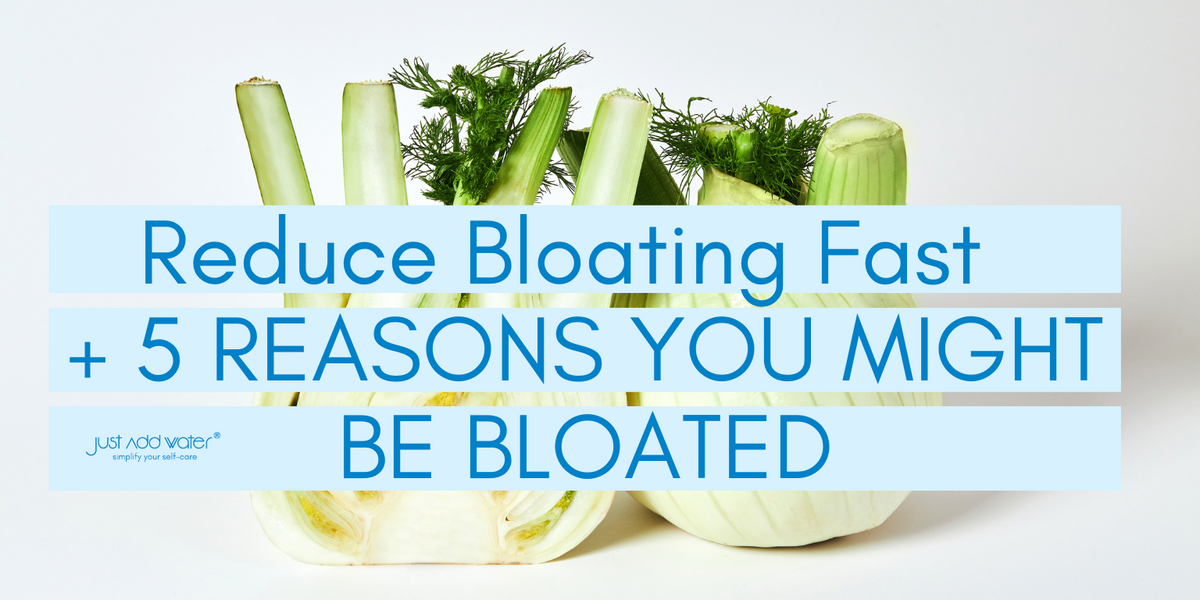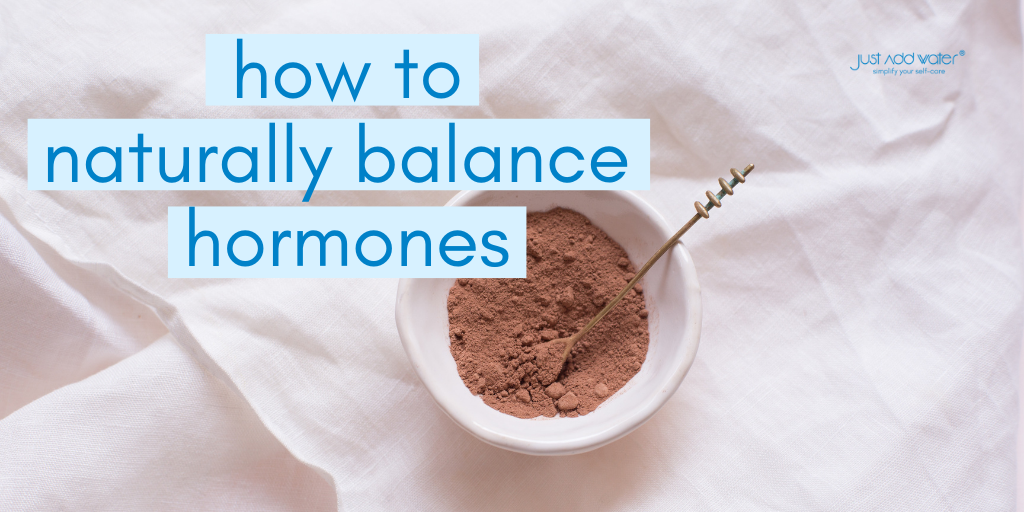Cinnamon and Spice ARE Everything Nice: 7 Health Benefits of this Everyday Food
As a chef and nutritionist, I love using Cinnamon in some of my favorite recipes. It doesn’t just spice up a tasty dish, however, but it also offers a wide range of health benefits as well! From heart health to flawless skin, Cinnamon is a simple and healthy addition to your everyday diet.
Health Benefits of Cinnamon
Cinnamon offers a wide-range of health benefits and its consumption dates all the way back to the Ancient Egyptians. Cinnamon can be eaten in its pure bark form, as a ground spice, as an essential oil, or in extract form, making it a simple food to incorporate into your diet.
1. High in Antioxidants
Cinnamon contains at least 41 different antioxidants, which is high above the number in most other foods. Antioxidants are important because they decrease free radicals that can damage your cells and slow the aging process, which means less wrinkles and pesky gray hairs.
They can also decrease the risk of chronic disease and limit nitric oxide build up in the blood, which is associated with decreased risk of brain disorders, cancer, and heart disease.
2. Protects Heart Health
Heart disease is one of the leading causes of death in the United States, and cinnamon can help to reduce your risk of this disease.
Cinnamon decreases levels of bad cholesterol and blood pressure. It also limits hardening of artery walls (called arteriosclerosis), helps circulation, improves tissue repair, and can fight against heart attacks, heart disease, and stroke.
3. Decreases the Risk of Diabetes
Insulin is a hormone that transports blood sugar from your bloodstream into your cells where it is used for energy. Those with Type 2 diabetes are resistant to insulin.
Cinnamon decreases insulin resistance and lowers blood sugar levels, which both help to fight against Type 2 diabetes. Scientists actually recommend cinnamon extract as one of the best foods for diabetics.
Similarly, Cinnamon is good for digestive health, helps to break down carbohydrates, and slows the absorption of sugar into the bloodstream after a high carb meal.
4. Protects Against Parkinson’s and Alzheimer’s Disease
Parkinson’s and Alzheimer’s disease are disorders of the nervous system. Cinnamon helps to prevent these diseases by protecting your neurons and destroying a protein (called tau) that builds up in those with Alzheimer’s disease.
Cinnamon can also increase brain function and normalizes the number of neurotransmitters in your brain, which are the chemicals neurons use to send messages to one another.
5. May Decrease the Risk of Cancer
Cancer occurs when cells grow uncontrollably. Cinnamon can reduce the growth of cancer cells and can even cause them to die. The antioxidants found in Cinnamon can also be beneficial for those with a higher risk of cancer.
Despite these promising findings, most studies have been performed on cells or animals, and more research is needed to determine how Cinnamon can help to prevent cancer in humans.
6. Kills Bacteria and Viruses
Cinnamon contains natural antimicrobial and antiviral properties. Essential oils from Cinnamon can boost the immune system and decrease the risk for infections. Cinnamon also fights against bacterial infections that can cause the common cold, strep throat, pneumonia, and even those that cause tooth decay and bad breath.
7. Improves Skin Health
Because of it’s antibiotic and antimicrobial properties, Cinnamon can help to decrease skin irritation, rash, and infections.
Cinnamon can be used on the skin as an essential oil to reduce inflammation, swelling, pain, and redness. You can even mix it with honey to help with acne and skin allergies!
Not all Types of Cinnamon are Created Equal
Though Cinnamon affords numerous health benefits, not all types of Cinnamon are the same and it’s important to understand the differences. The four main types of Cinnamon are Ceylon, Indonesian, Saigon, and Chinese.
- Ceylon. Ceylon Cinnamon is also known as True Cinnamon. It is the most expensive type and is the preferred choice if you take Cinnamon for health benefits. It’s also great for fine desserts because of its mild, slightly sweet taste.
- Indonesian. This type of Cinnamon is also known as Korintje Cinnamon and Padang Cassai. Indonesian Cinnamon is mainly supplied by Indonesia and costs much less than Ceylon Cinnamon. It has a strong, spicy smell that is sometimes bitter.
- Saigon. Also known as Vietnamese Cinnamon or Vietnamese Cassia, Saigon Cinnamon originated in Vietnam and is a bit more expensive than some of the others. Most people like Saigon’s spicy, strong, and sweet taste, however it has the highest levels of Coumarin compared to the others (see below).
- Chinese Cinnamon. Chinese Cinnamon is more pungent, less sweet, and slightly bitter. It has been used as a Chinese remedy for coughs and other illnesses for many years.
The four main types of Cinnamon are commonly classified into two larger categories: Ceylon and Cassia. Ceylon Cinnamon is in a category of its own, while the three other types (Indonesian, Saigon, and Chinese) are all classified as Cassia Cinnamons.
Cassia Cinnamon is the most common and likely what you’d purchase from the local supermarket (70% of people living in North America use Cassia cinnamon!).
Cassia Cinnamon is hard in texture, spicy in flavor, and dark/reddish brown in color while Ceylon Cinnamon is soft, crumbly, mildly sweet, and medium/reddish brown in color. Cassia Cinnamon is less expensive than Ceylon Cinnamon.
Importantly, Cassia Cinnamon has high levels of Coumarin while Ceylon does not. Coumarin is known to cause liver damage, acts as a blood thinner, and can be harmful to your health. If you eat Coumarin Cinnamon, it’s recommended that you eat below 0.1 mg/kg body weight a day.
Due to the high levels of Coumarin in Cassia Cinnamon, you should always stick to Ceylon Cinnamon if you are looking for health benefits.
So, You Want to Buy Ceylon Cinnamon?
It’s easy to find if you know what to look for! To be sure that you’re buying Ceylon, always check the label, and look for a lighter color and mildly sweet smell.
Ceylon Cinnamon is sold at many stores as sticks, powder, infused in black tea, or as an essential oil. I recommend boiling the sticks in hot water for a delicious, healthy cinnamon tea.
Summary
Cinnamon is a common cooking ingredient that also boasts a wide range of health benefits. From decreasing the risk of heart disease to healthier skin, incorporating Cinnamon into your diet is a simple way to improve your health. Just be sure that you’re eating Ceylon Cinnamon to avoid too much Coumarin!
Please enjoy my free quick guide to the amazing benefits Cinnamon has to offer! CLICK HERE!
- Chef Serena Poon, Founder for Just Add Water
Leave a comment
Comments will be approved before showing up.
Also in Wellness & Nutrition

Reduce Bloating Fast + 5 REASONS YOU MIGHT BE BLOATED

Healing Cellular Damage With Antioxidant Power

HOW TO NATURALLY BALANCE YOUR HORMONES
In this blog, we’re going to define hormonal imbalance, identify the symptoms, and discover the natural options to bring your body back into flow! A nutritious diet and other healthy lifestyle habits may help improve your hormonal health and allow you to feel and perform at your best.


